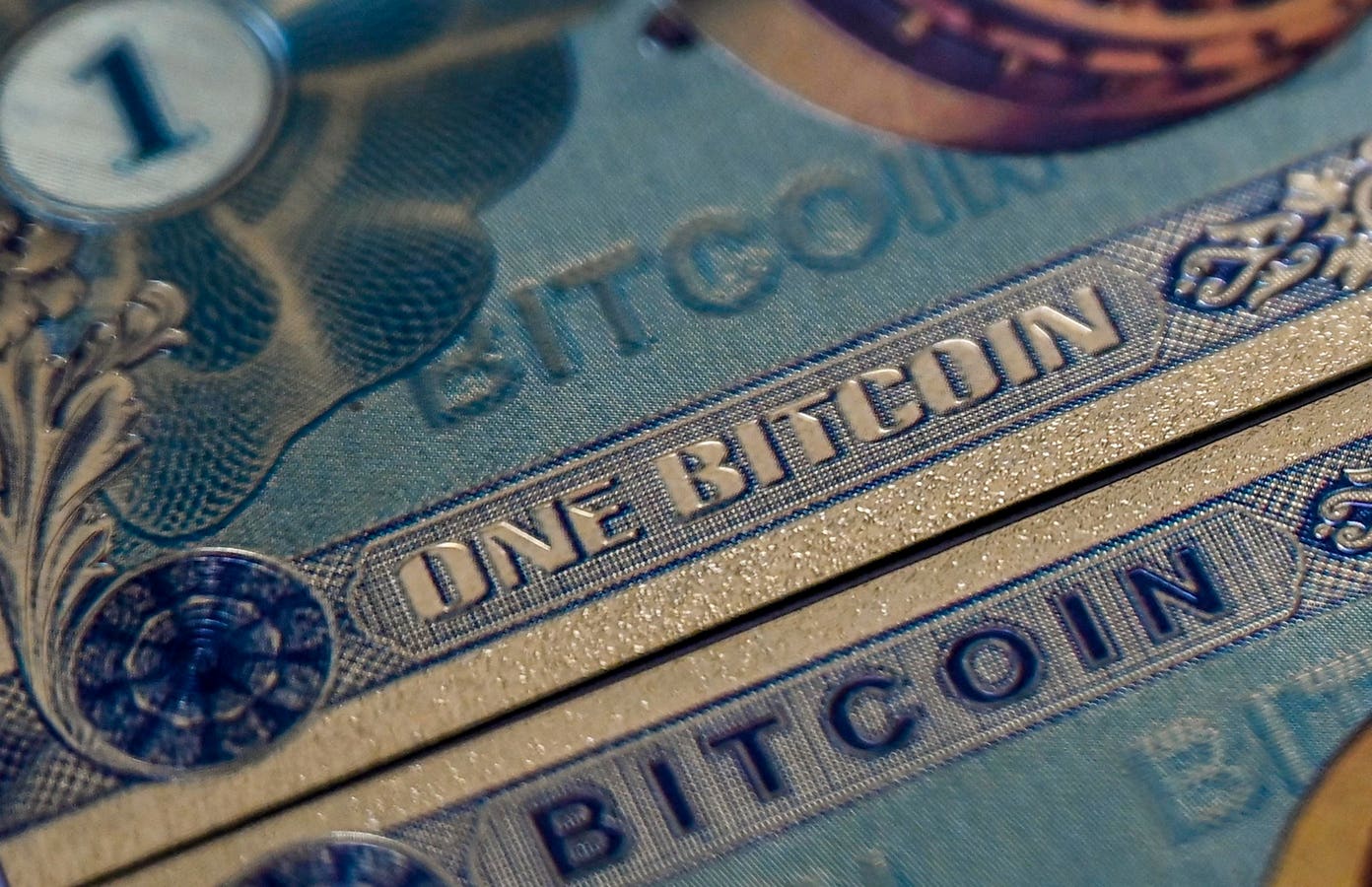Introduction
As the global economy evolves, a new arms race is emerging—not in conventional weaponry but in Bitcoin. The world’s most prominent cryptocurrency is now at the center of geopolitical strategies, with nations vying to establish national Bitcoin reserves that may redefine their financial sovereignty. In this new “Cold War of Bitcoin,” the United States, Russia, China, Japan, and other countries are staking claims.
The United States: Strategic Accumulation Through Seizures
The United States is currently the largest geopolitical holder of Bitcoin, with approximately 207,189 bitcoins in its possession, valued at over $20 billion. This massive stockpile has primarily been acquired via asset seizures from criminal investigations, including the notorious Silk Road case. Recently, a transfer of 20,000 Bitcoin worth $1.9 billion to Coinbase Prime demonstrated the government’s active management of its holdings, sparking discussions about potentially using these assets to address national debt.
Russia: A Response to Sanctions
In the wake of severe Western sanctions following its invasion of Ukraine, Russia’s interest in Bitcoin surged. Despite Kremlin denials of employing Bitcoin for sanctions evasion, public records indicate state-controlled entities and oligarchs are ramping up Bitcoin transactions, hinting at a pivot toward decentralized finance. A proposed national Bitcoin reserve could position Russia as a significant player in this digital arms race.
China: From Banning to Hoarding
China ranks as the second-largest governmental holder of Bitcoin, with an estimated 190,000 to 194,000 bitcoins, acquired largely through seizures linked to illegal activities such as the PlusToken Ponzi scheme. Abiding by strict regulations and crackdowns on cryptocurrency, the Chinese government still maintains a significant reserve, posing intriguing questions about state strategy and economic maneuvering.
Japan: A Call for National Bitcoin Reserves
Japanese lawmakers are advocating for a national Bitcoin reserve to hedge against financial instability, with provisions for the Government Pension Investment Fund to explore Bitcoin diversification. This reflects a potential shift in Japan’s approach to cryptocurrencies, paving the way for greater investment in digital assets.
Germany: Lessons from Selling Bitcoin
Germany’s experience with Bitcoin highlights a more cautious approach. Following the sale of seized Bitcoin from the illegal streaming site Movie2k, critics argue that holding onto the cryptocurrency could have proven more lucrative in the long run. This case illustrates the tension between fiscal responsibility and the speculative lure of digital currencies.
National Bitcoin Reserve Comparison
Public data reveals a competitive landscape of national Bitcoin reserves, often built through seized assets. The imminent rush for Bitcoin by various nations could reshape financial systems and strategies worldwide, moving digital gold into the forefront of national treasury considerations.
The Road Ahead for National Bitcoin Reserve
The geopolitical landscape surrounding Bitcoin is still in flux. Wealthy nations are expected to leverage their financial capabilities to amass Bitcoin, while smaller nations could use early adoption to gain economic advantages. The potential for countries to replace traditional assets with Bitcoin in their national treasuries marks a significant transformation in how wealth is stored and utilized, impacting international trade and diplomacy and altering global power dynamics forever.
Key Takeaways
- Nations are competing to establish national Bitcoin reserves as part of their geopolitical strategies.
- The U.S. is the largest holder, raised primarily through asset seizures.
- Countries like Russia and China are pivoting towards cryptocurrencies amidst economic sanctions and regulations.
- Japan is exploring Bitcoin investment as a hedge against financial instability.
- Germany’s cautious approach emphasizes the ongoing debate about the future of holding digital currencies.

